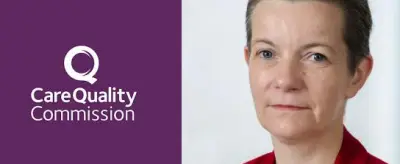As part of the regulator’s new duties, the CQC now will keep watch on independent providers’ finances. The care watchdog will take on a monitoring role and provide councils with an “early warning” should a financial crisis, similar to Southern Cross, be looming.
Of particular concern to the financial health of the sector, and causing consternation with the Chief Inspector, are two reforms due to come into effect in 2016.
The first area which could have an impact results from the changes introduced following the Dilnot Report. Under new legislation, once a self-funder has paid £72,000 towards the cost of their own care (the Dilnot cap) their local authority will step in to cover the costs.
The ‘care beyond the cap’ will be delivered at local authority rates, substantially lower than the private fees. Indeed, by 2016 when the cap takes effect, the government will pay £260 as a care subsidy for local authority care fees and will cap “hotel costs” at £240, falling far short of the overall costs.
Although the Dilnot cap was sold to Conservative MPs as a solution to a market failure, concerns exist that it may instead aid a decline in the standard of care as independent providers are placed under further strain with fees squeezed amid reforms aimed to ease the pain of dwindling local authority budgets.
The second change comes from legislation within the Care Act, which was granted Royal Assent in spring this year. This new legislation, will see local authorities acting as booking agents for self-funders. As such, local authorities will soon be in a position to utilise economies of scale and essentially negotiate on self-funders’ behalf. The consequence? Providers caring for self-funders are facing a potentially business-changing cut in revenue.
With the dust barely settled on Southern Cross’ collapse in 2011, perhaps Ms Sutcliffe is right to question whether these reforms will sufficiently protect providers and critically, those on the receiving end of care?
This article was first featured in the September print edition of Healthcare Business News.
Leon Emirali is an Account Manager at PLMR and provides public affairs and media relations support to several leading health and social care clients.
Related blogs
The Care Act – where do providers stand?
More Health and Social Care blogs





